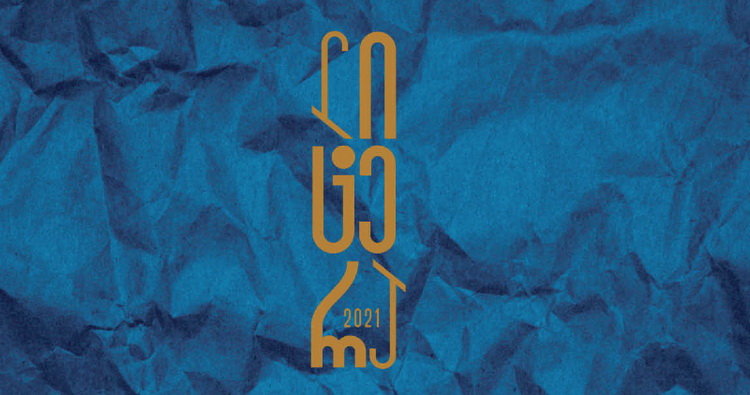Writers exit Litera Prize nominations in protest of culture minister, appointment of jury member

The Writers' House of Georgia revealed this year's longlist for the prize on Monday. Image via Writers' House of Georgia.
A number of writers from the longlist of this year's Litera Prize, one of two major literary awards in Georgia, have dropped out of the contest in protest, citing appointment of a jury member from the culture ministry and the recent incident involving minister Thea Tsulukiani with a local reporter.
Five authors and one designer revealed on Thursday they would exit the running for the latest edition of the award after it was revealed the jury panel would, for the first time in the history of the award, feature a member appointed from the ministry.
Jaba Zarkua, Mate Saralishvili, Eka Kevanishvili, Toresa Mossy, Irakli Kakabadze and Natalia Avaliani posted on social media earlier in the day, revealing their disapproval of the appointment, a break with the tradition of the entire judge panel being chosen by the Writers' House of Georgia in a structure perceived by literary field professionals as a mark of independence from state cultural authorities.
The authors also cited an incident that involved minister Tsulukiani and a reporter from the opposition-minded Mtavari Arkhi channel in Senaki last week, with the government member snatching a microphone away from the journalist while being challenged with questions ahead of the opening show of a newly renovated theatre in the town.
Among the reactions was a Facebook post by Avaliani, a designer, who said her exit from the contest was "in protest of this shameful [minister] and not of Litera [Prize]", adding she would refuse to participate in any competition organised by the ministry while "a completely uncultured person and one of the principal figures of a government encouraging violence" was at its helm. Avaliani had been in the longlist for Book Design of the Year Award.
The designer's comment follows accusations from various news outlets of the government's intentional failure of protecting critical media, or even encouragement of attacks on journalism, following violence in Tbilisi on July 5 when right-wing groups descended on reporters dispatched to report on a planned Tbilisi Pride queer march, which was subsequently cancelled.
Media organisations and queer activists have accused the government of using the opportunity on that day to "punish" media that had been critical towards its policies, by intentionally failing to provide security on the day. Tsulukiani was accused of violating the law on interference with journalistic work by Mtavari Arkhi, with the channel presenting the case as a continuation of the attacks on free press.
In reactions to the other cause of the writers' withdrawals from the prize, Kakabadze, one of the five authors who announced the removal of their work from the running, likened the jury member's appointment from the culture ministry to the "Bolshevik method" of state authorities assigning officials in bodies overseeing cultural events or projects during the Soviet era.
Kevanishvili, whose work was nominated for the Poetry Collection of the Year Award, also announced her removal of the nomination, citing the "unpleasant and dangerous" precedent of a jury member "appointed from 'above'" in the panel.
Launched in 2015 by the culture ministry, Litera Prize issues annual awards in six nominations, from best novels and documentary prose to book designs of the year. The longlist of this year's nominations was revealed by the Writers' House on Monday.
 Tweet
Tweet  Share
Share